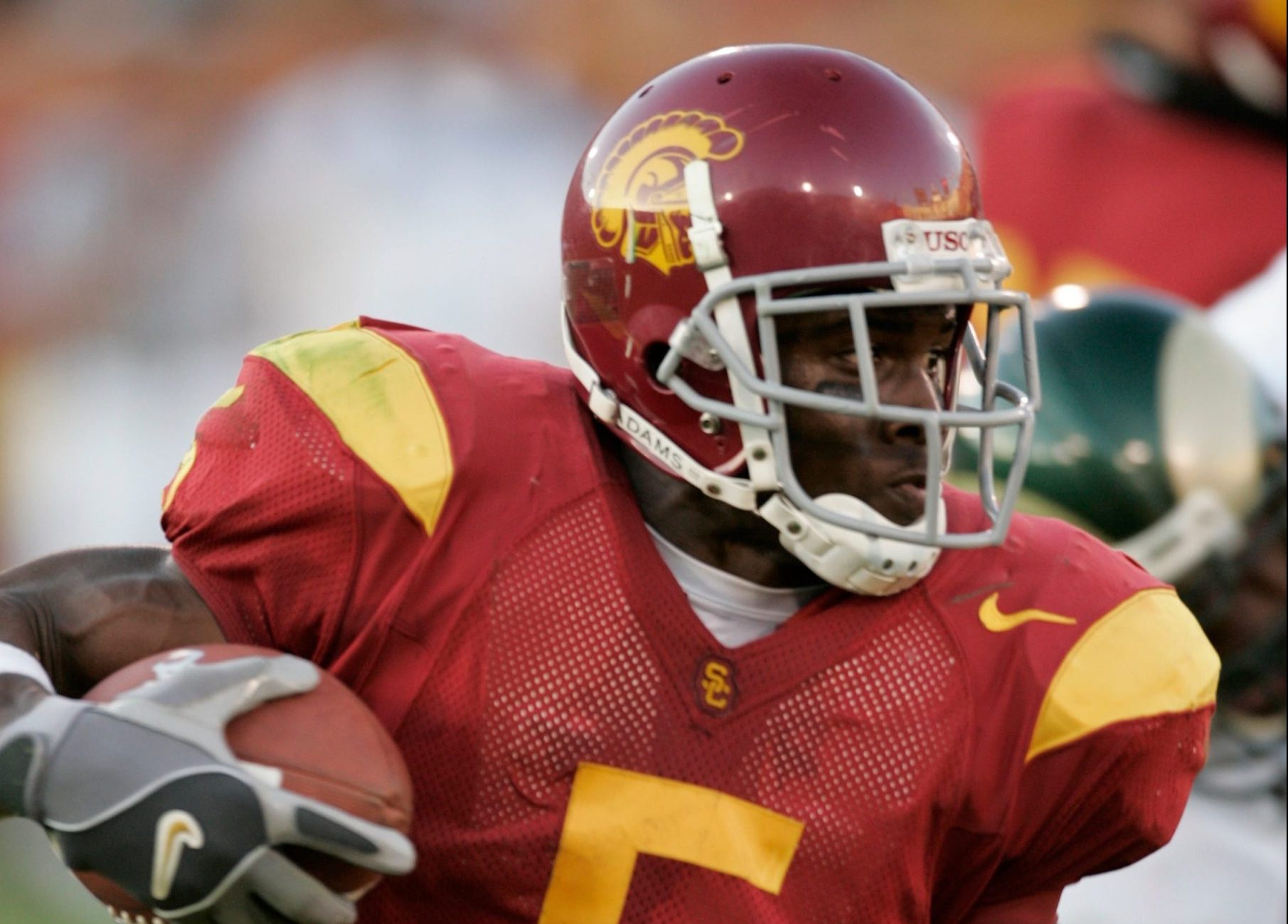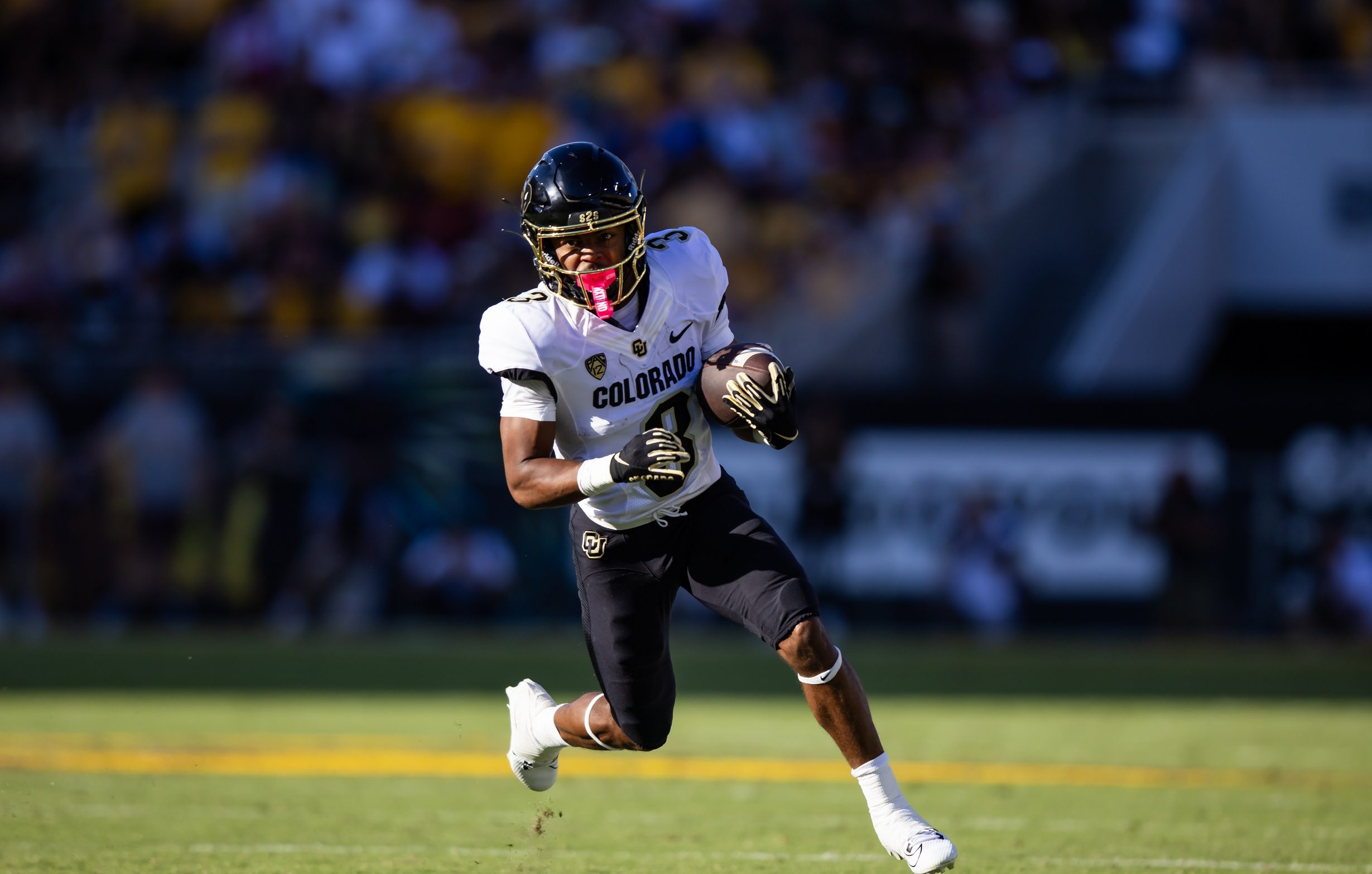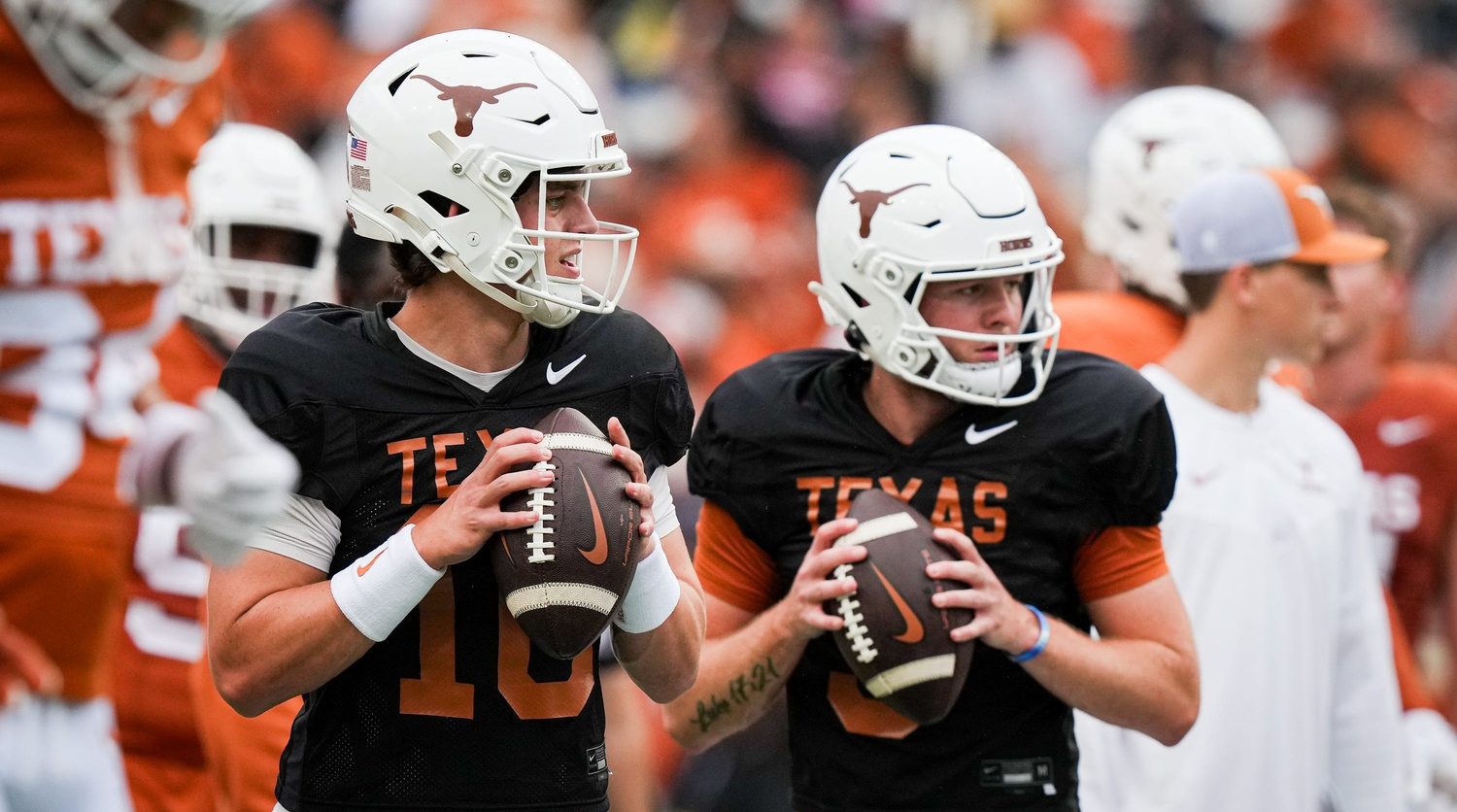Former New England Patriots and Kansas City Chiefs player Ryan O’Callaghan came out as gay Tuesday in an outstanding piece on Outsports.
O’Callaghan knew he was gay since his junior year of high school, but living in a very conservative area, he used football to hide his sexuality. He writes that he always planned to kill himself, and that he began abusing painkillers toward the end of his NFL career. That’s when, with the help of people in the Chiefs organization, he began to feel accepted.
“If you’re a gay kid and you hear someone you love say ‘fag,’ it makes you think that in their eyes you’re just a fag too,” O’Callaghan told Outsports on a recent visit to Los Angeles for his first-ever Pride celebration. “That got to me a lot.”
Growing up in a conservative area light years away from nearby San Francisco, his own views of gay people had been shaped by those off-color comments and the rare image on television showing a gay man he couldn’t relate to. He knew that the people in his world would never accept him being gay, and he could never truly accept it either.
O’Callaghan decided early on that he would hide behind football. The sport would be his “beard,” and the jersey on his back would throw off the scent and keep his secret hidden for over a dozen years on a journey that saw him playing college ball at the University of California and in the NFL with the New England Patriots and Kansas City Chiefs.
He spent his time in football preparing for his suicide, yet thanks to a small group of people within the Chiefs organization he ultimately found the will to live as the real Ryan O’Callaghan.
The entire piece is worth reading, and perhaps the most important part of the story is why O’Callaghan is sharing his story now.
“As long as there are people killing themselves because they are gay, there is a reason for people like me to share my story and try to help.”
This line is important, because every time someone shares a coming out story, people jump in line to claim that this isn’t news, and that nobody should (or does) care. Generally, goes something like this: “Actually, you’re bigoted for bringing this to light, I don’t care what anyone’s sexuality is.”
And sure enough, here are some of the first replies to SB Nation and other outlets after the story came out:
https://twitter.com/neznug/status/877223339797823488
https://twitter.com/kcathletics1955/status/877204129126506497
And my personal favorite false equivalency:
There are plenty more.
It’s difficult to understand why someone who doesn’t care about something would go out of their way to tell everyone how little they care. I’d suspect it’s because they know they shouldn’t discriminate against the LGBT community, so they choose to tell everyone they don’t want to hear about it instead.
But let’s give these people the benefit of the doubt and assume they actually want to know why this is important to publish.
The LGBT community—particularly youth—is at an increased risk of suicide compared to the general population. That’s likely due both to blatant homophobia, and to people who aren’t quite comfortable with the idea of living around gay people. While most can agree that the former is a detriment to both society and gay youth, the latter is far more accepted in society, and just as dangerous.
I once had someone I know well tell me that they “love” gay people because they’re Christian, but that they don’t accept their “lifestyle.” I’m a straight, white male who has had a pretty good life, but I’ve struggled with depression and anxiety, and I’ve gone to therapy for suicidal thoughts. I thought about how hard it would be to be told “well we ‘love’ you, but the way you’re living life is wrong”—whether that’s by your family, your acquaintances, or even the leaders of your society. I probably wouldn’t be here today if that were the case for me, and it’s probably the case for many of you reading this.
We still live in a heteronormative society that marginalizes the LGBT community—particularly in sports. We live in a country with a vice president that codified discrimination and advocates for “gay conversion therapy,” which has shown to drive people further to suicide. We have a Secretary of Education who can’t commit to banning discrimination against LGBT kids.
Today, in the face of a hostile society, Ryan O’Callaghan’s story might have saved a life. He might have shown a kid that there’s a community out there that will accept them. That’s why it’s so important.






